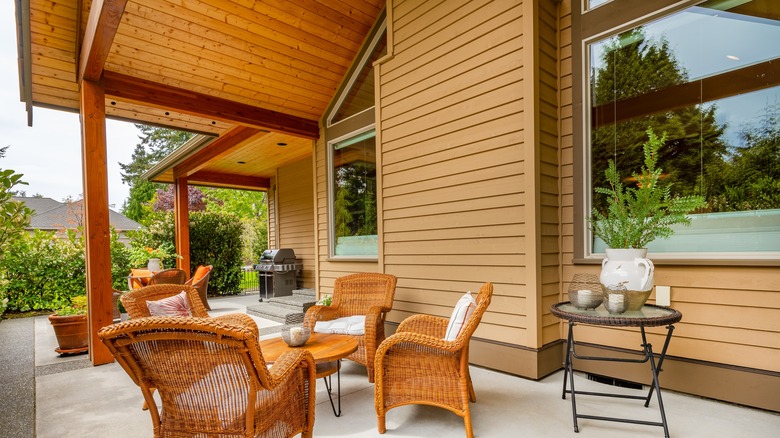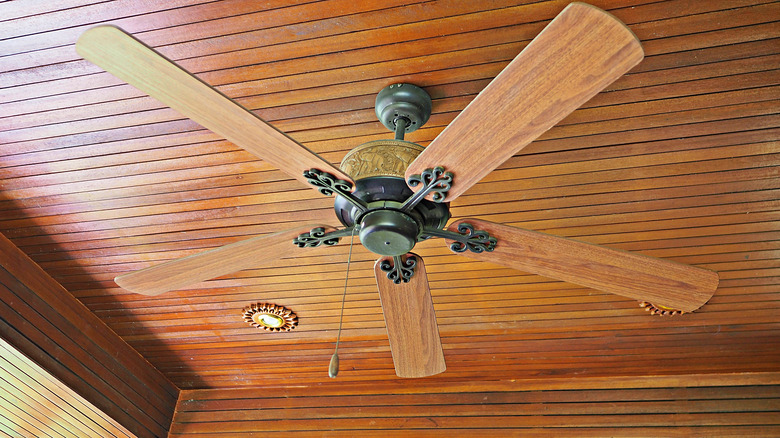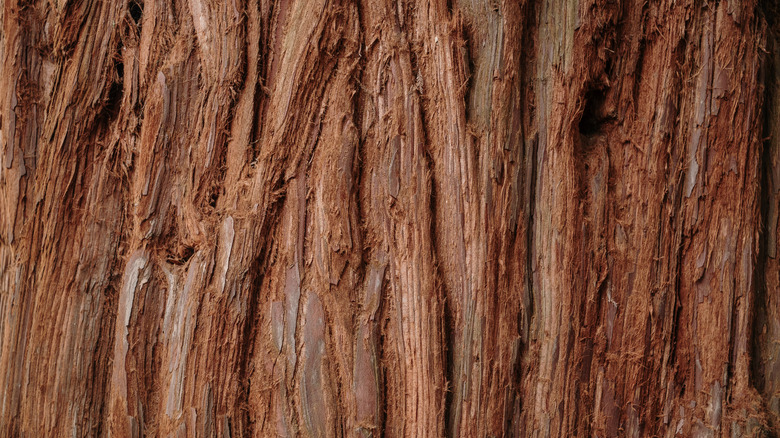The Best Types Of Wood For Your Lanai Ceiling (& Materials To Avoid)
What is a lanai? An inseparable part of Hawaiian culture, a lanai is a cross between a porch and a patio. The roofed structure is usually found towards the back of the house and is ideal for hosting dinners, reflecting on life amidst the great outdoors, and enjoying a romantic moment with your significant other. Since roofs are essential to a lanai, the material you use will play an important role in determining its look and feel. If you want a material that is consistent with the indoor design scheme and adds character to the space, wood types like teak, cumaru, ipe, ash, maple, poplar, and cherry are good options for your lanai's ceiling.
A wood lanai ceiling will look elegant, increase your lanai's aesthetic appeal, and offer a good ROI (return on investment). Plus, given the varieties, you can decorate your lanai with a species that matches your organic color, texture, and grain preferences and falls within your budget. However, not just any variety would do. To choose the best type of wood for your lanai ceiling, consider if the wood is strong, can resist moisture, and withstand harsh climatic conditions. You don't want to outfit your lanai with a material that'll decay over time. Bonus points if the wood can repel insects, too. Moreover, look for varieties that are sustainably sourced. This will ensure that the material will be available and affordable in the future should you need it to repair or replace portions of the fifth wall.
What is the best wood for a lanai ceiling?
Teak is a high-quality wood prized for its durability and resistance to elements. It doesn't rot, become fodder for termites, or get damaged by the sun's UV rays. Its honey-brown shade is another point in the hardwood's favor. However, these benefits come at a premium cost. But if you have your heart set on teak, plantation teak will offer similar benefits (mostly) without burning a hole in your pocket. In case you want something exotic to grace your lanai, tigerwood can fit the bill. With its linear streaks resembling a tiger's stripes, this hardwood is incredibly strong, durable, and resistant to decay and advances from insects.
Ipe is another good option. The Brazilian Walnut's dark brown color with rich amber hues will set your lanai's ceiling apart. This South American hardwood is strong, lasts long, and can withstand attack from insects, natural elements, and moisture. Cumaru is durable and resistant to brown- and white-rot fungi. A light-brown wood with a tinge of yellow, cypress is a good choice if you experience a humid climate for the better part of a year. Moreover, it's an affordable option that lasts long and naturally repels damage from pesky insects. Alternatively, go for Southern yellow pine, as it's strong, rot-resistant, durable, and the most budget-friendly wood for your porch ceiling. Other hardwood options include beech, maple, poplar, red and white oak, ash, and beech. Softwoods like hemlock, cedar, and Douglas fir are good options, too.
Materials to avoid for a lanai ceiling
Besides knowing the types of wood ideal for your lanai ceiling, you must also be aware of the materials to avoid. For starters, steer clear of redwood. While this softwood can withstand harsh weather and repel insects, few old-growth trees remain standing. Global warming has also contributed negatively to the forests and forced them to dry out. Due to this, redwood is now grown quickly to make it commercially viable as soon as possible.
Since they're mostly harvested when they're young (around 20 years old), they aren't as durable, strong, or weather-resistant as the mature species. So, steer clear of this softwood unless the wood you buy is reclaimed. Moreover, northern white fir isn't recommended since it isn't extremely durable, might decay, and can sustain damage from insects. Similarly, eastern white pine isn't a good choice. Unlike its brethren, like cedar and Douglas fir, this softwood isn't immune to rot. Engineered bamboo is another poor choice because it can't withstand high humidity and will weather over time.


